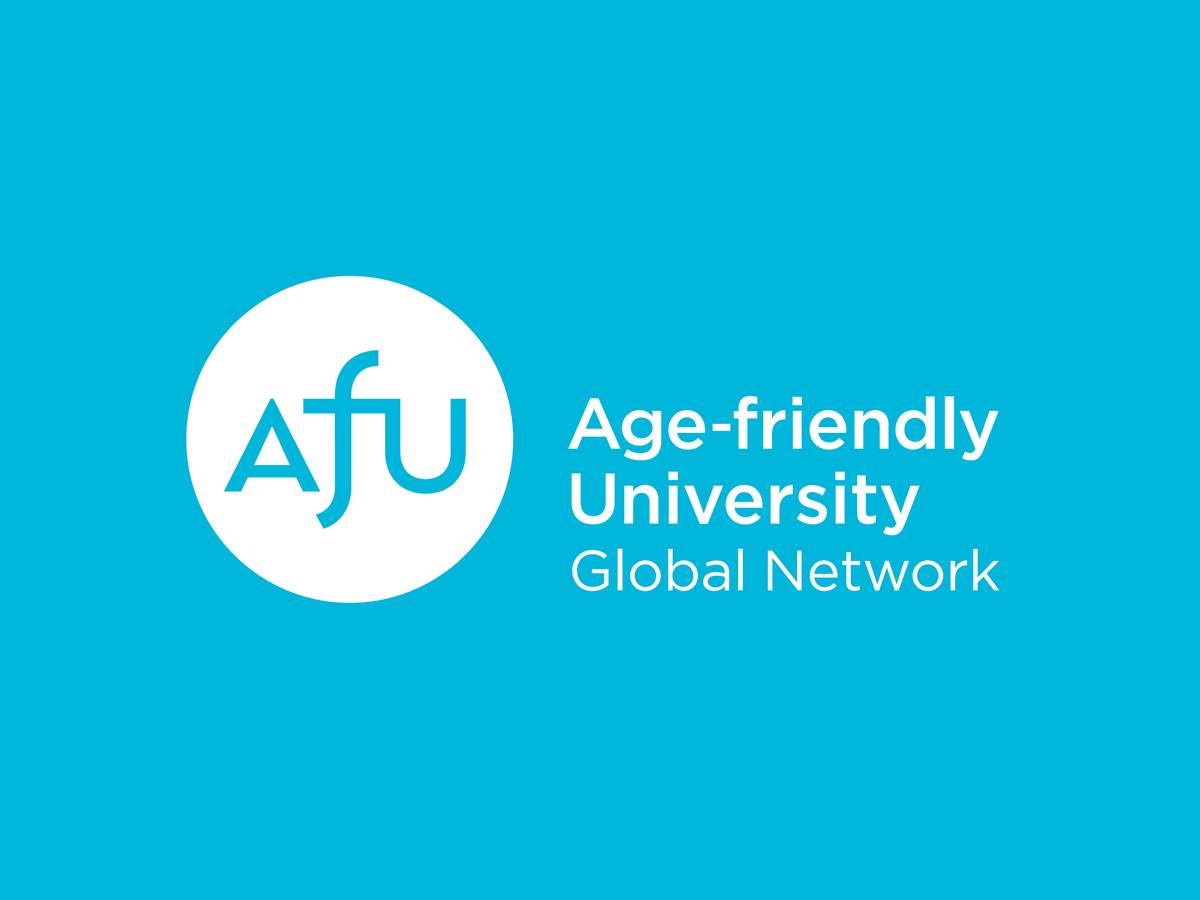Age-Friendly University Study
A funded research project by the Gerontology Institute to evaluate age-friendly supports and barriers for life-long learners on GSU's campus in Atlanta, GA.

A funded research project by the Gerontology Institute to evaluate age-friendly supports and barriers for life-long learners on GSU's campus in Atlanta, GA.

Participatory research study that employed the use of focus groups, interviews, and surveys.
As a research lead, I did the following:
The methods for this project were specifically selected because they allow the communities directly impacted by this work to actively engage in the process of change. This project aims to empower individuals by involving them in meaningful decision-making and providing them with opportunities to share their voices.